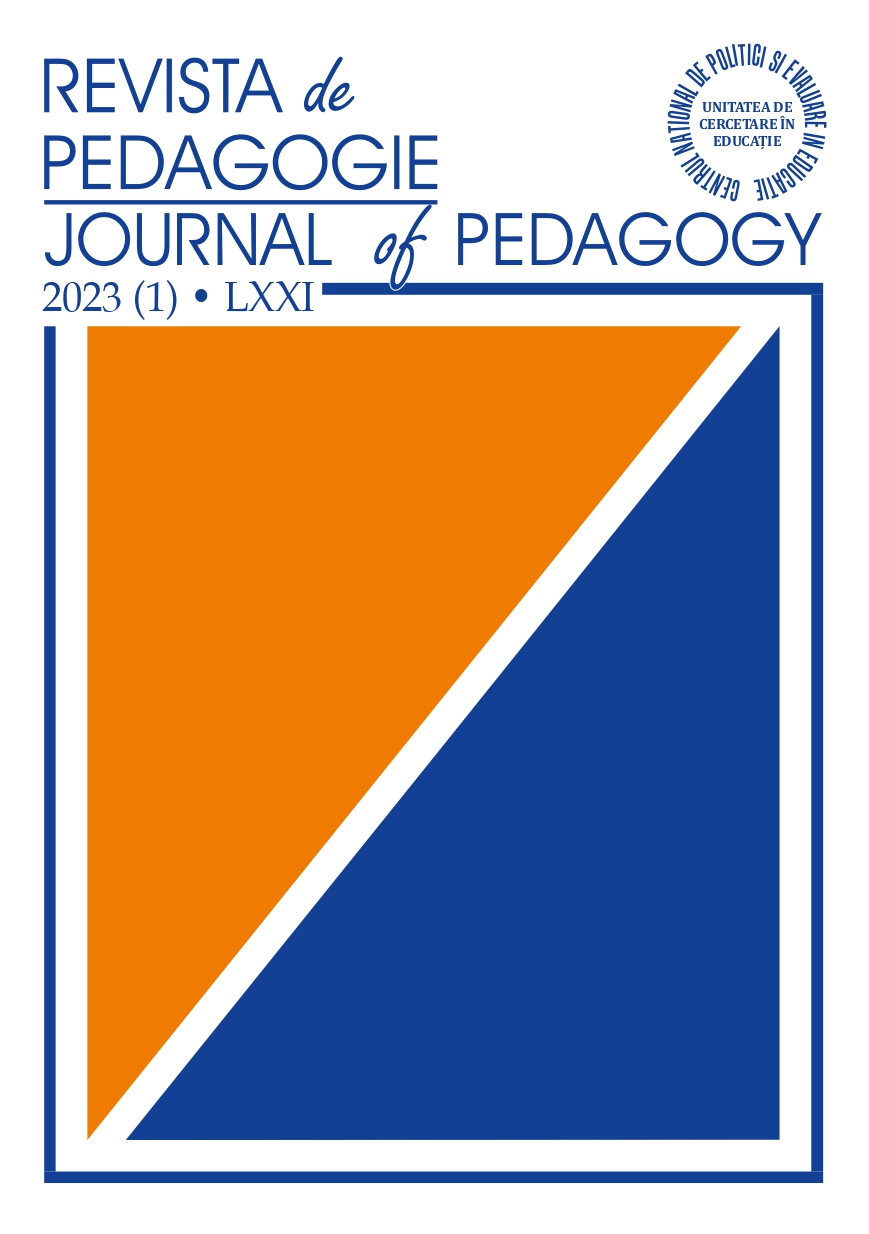SUNT ŞCOLILE DIN ROMÂNIA ORGANIZAŢII CARE ÎNVAŢĂ? PERCEPŢII ALE ANGAJAŢILOR ŞCOLILOR
HAVE THE ROMANIAN SCHOOLS BECOME LEARNING ORGANISATIONS? VIEWS OF THE TEACHING STAFF
Author(s): Adela Diana Dînșorean, Simona SavaSubject(s): Educational Psychology, State/Government and Education, Management and complex organizations, Sociology of Education
Published by: Centrul Național de Politici și Evaluare în Educație
Keywords: learning leadership; schools as a learning organisations; shared vision; staff members; team learning;
Summary/Abstract: To meet the diverse needs of students in complex social environments, it is necessary to transform schools into learning organisations (Fullan, 1993; Sava, 2022). Empirical evidences show that learners make significant progress when schools exhibit the characteristics of learning organisations (Harris & van Tassell, 2005; Schechter & Qadach, 2012; Silins & Mulford, 2004). The “learning organisation” approach is necessary and suitable for schools, regardless of their operating context, thus providing a sustainable competitive advantage (Kools & Stoll, 2016; OECD, 2016). Staff in a school may have different perceptions about the extent to which their school is a learning organisation. In this study, we investigated if perceptions about the status of the school as a “learning organisation” differs significantly according to variables such as the school environment, the staff ’s position and seniority. The online questionnaire, applied in April-May 2022, was filled in by 650 participants (70 principals, 543 teachers and 37 auxiliary teaching staff) from 248 Romanian schools. Self-reported data were collected using the instrument developed by Kools et al. (2020), validated in the Romanian context. The results show significant differences among the participants’ responses in relation to the school environment and in terms of the respondents’ position in the school. Data showed no statistically significant difference among the participants’ responses in terms of seniority. The results of the current research represent a useful step in the process of evaluating Romanian schools, with the aim to transforming them into learning organisations.
Journal: Revista de Pedagogie
- Issue Year: LXXI/2023
- Issue No: 1
- Page Range: 81-104
- Page Count: 25
- Language: English

